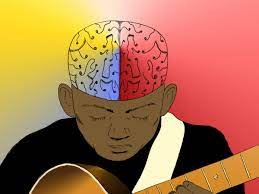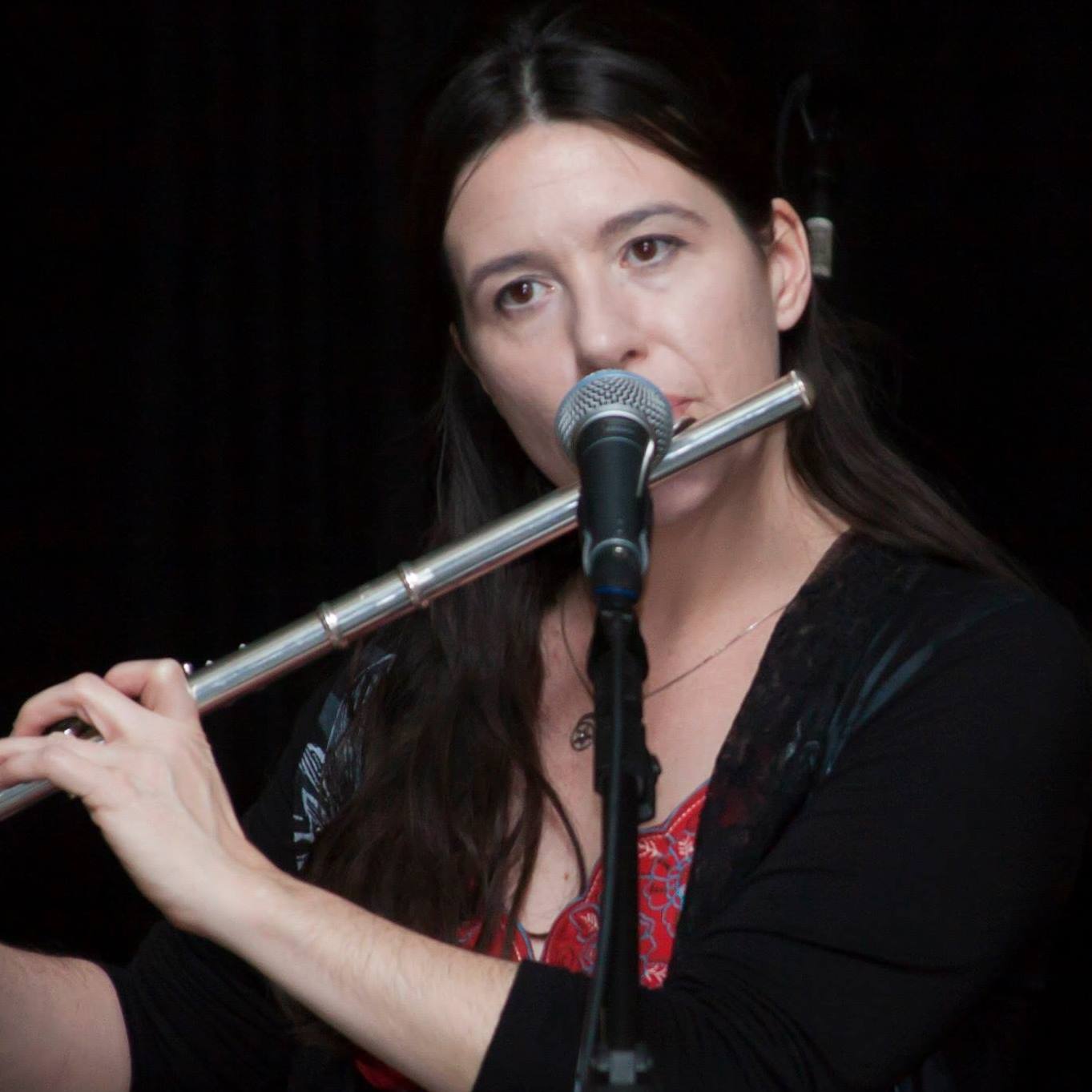Blog

Your Brain doesn't know the Difference What if I told you that you can achieve results from practicing the piano without playing the piano? Or that you could work out that technical passage in your clarinet music without the distraction of hearing the mistakes? This isn't news to more advanced musicians, but it is still a fascinating phenomenon. Remember, our knowledge of the brain is still in its infancy - we are constantly amazed with new discoveries of how the brain functions. When we practice, we are building pathways from our brains to our fingers. This is referred to as "muscle memory", and we know that repetition is the path to mastery in any field of study. But as I sometimes joke with my students, that doesn't mean we must punish our ears relentlessly along the way! Aural feedback is emportant - it is arguably the most effective motivation to practice and improve - but I'm simply suggesting that, as hard as it is to imagine, we can make technical progress without making a sound. This isn't about left brain/right brain function, "imagining" or "manifestation" results (although those aspects have their own rewards), what I'm taking about are scientifically documented, proven neurological pathways that any of us can develop. You can do this anywhere, anytime, with or without printed music, in the waiting room of a doctor's office, on a long roadtrip, even on your way to your piano lesson! (Do not attempt while driving, lol.) Say you are having trouble with a particular fingering passage in a song. It can actually be more frustrating and distracting to have to repeatedly hear the mistake as you are making! And perhaps this is a passage that is going to take a little more time than you can devote in a single practice session. What has been discovered is that when you move your fingers in the correct order and rhythm, your brain is recording it and reprogramming the muscle memory, just as if you were Actually Playing the notes on a Piano! Your brain doesn't know the difference! I call this method "silent practicing", "no prisoners practicing", (and sometimes, in lessons, "no punishment practicing"!) It might not be your first choice, but what have you got to lose, other than a few wrong notes?

